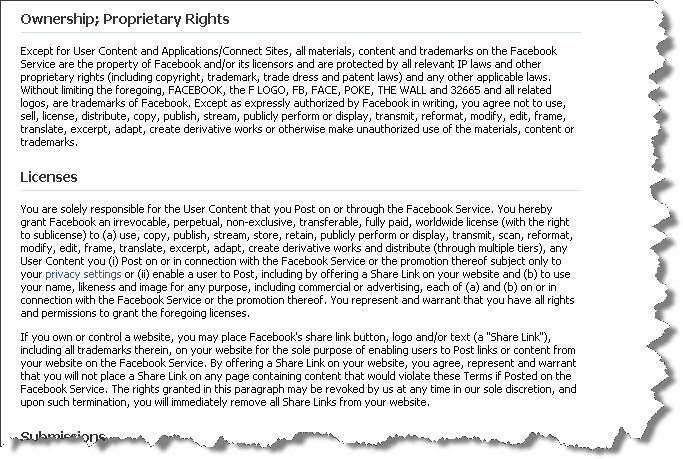With this stated, I am very interested in how the facilitators of the course will use the information provided, so was happy to read the posting of privacy information that was shared with participants. Good for them to discuss this all so openly at the beginning of the course.
If I am reading this correctly, the researchers who are facilitating this course state that anything publicly shared that is related with the course (most readily identifiable by the #change11 tag), can be used for research purposes. This seems consistent with the current (though somewhat dated and in the process of revision) Association of Internet Researchers guideline for ethical researcher and participant consent – Ethical decision-making and Internet research: Recommendations from the aoir ethics working committee document.
I am wondering what sorts of ethical issues around consent or identification may surface in this, especially given the enormous data set that is being created related to this course? For example, I published this posting (anybody can see it), it is tagged with the course (#change11), and is identifiable (my name and picture are on this site). Does that mean the researchers can quote me or otherwise identify my if they want to in their research around the MOOC? Do they need my permission to quote me, given I am saying this publicly? Will I know this even happens? If I am stating all this publicly, is that my default consent? Is anything online really ever private?
These are not easily answered, and having engaged in Internet research myself I know that various ethical boards will interpret these questions in different ways, I do think it is valuable to ask them, especially as (I suspect) many participating in this course will not even consider them . . . until they get quoted or referred to, of course!
